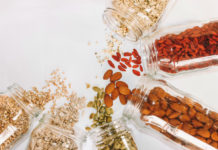In today’s health-conscious society, many of us strive to make informed dietary choices to maintain or improve our well-being. Nevertheless, amid the abundance of information accessible, it’s simple to succumb to prevalent misunderstandings regarding what defines a nutritious diet. While some foods may appear nutritious on the surface, they may actually be laden with hidden sugars, unhealthy fats, or artificial additives. In this article, we’ll explore ten foods that are often perceived as healthy but may not be as beneficial for your health as you think. By shedding light on these misconceptions, we aim to empower you to make more informed choices and optimize your nutritional intake for better overall health.
Granola Bars
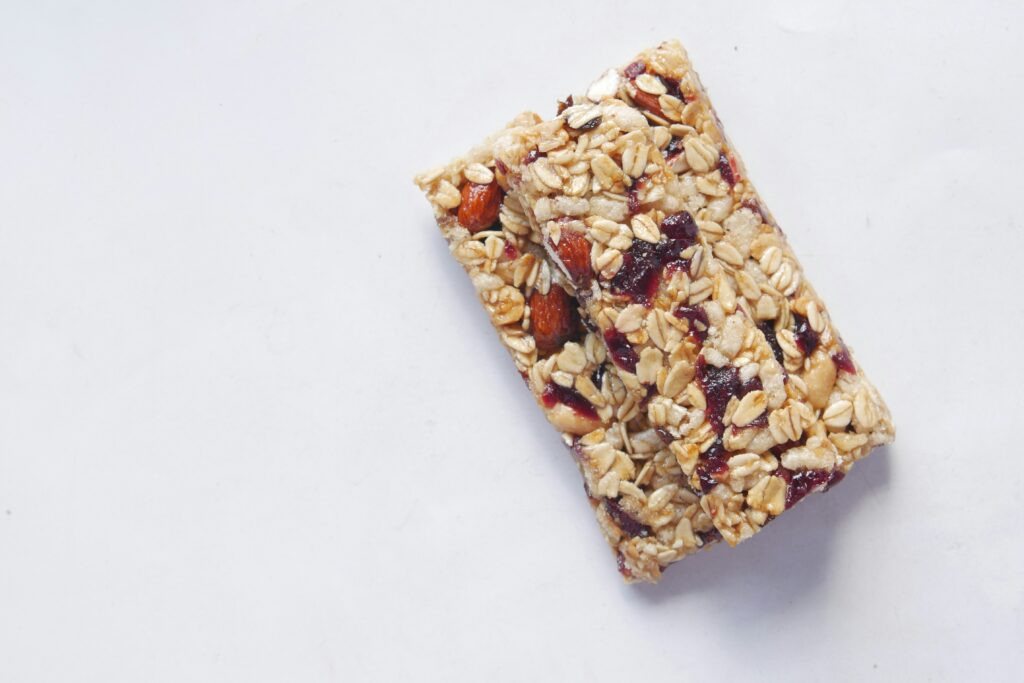
Granola bars are often marketed as convenient, on-the-go snacks packed with wholesome ingredients like oats, nuts, and dried fruit. However, many commercially available granola bars are loaded with added sugars, artificial flavors, and preservatives. While providing a quick energy boost, overindulgence in them can result in weight gain and fluctuations in blood sugar levels. Opt for homemade granola bars or read labels carefully to choose options with minimal added sugars and whole food ingredients.
Flavored Yogurt
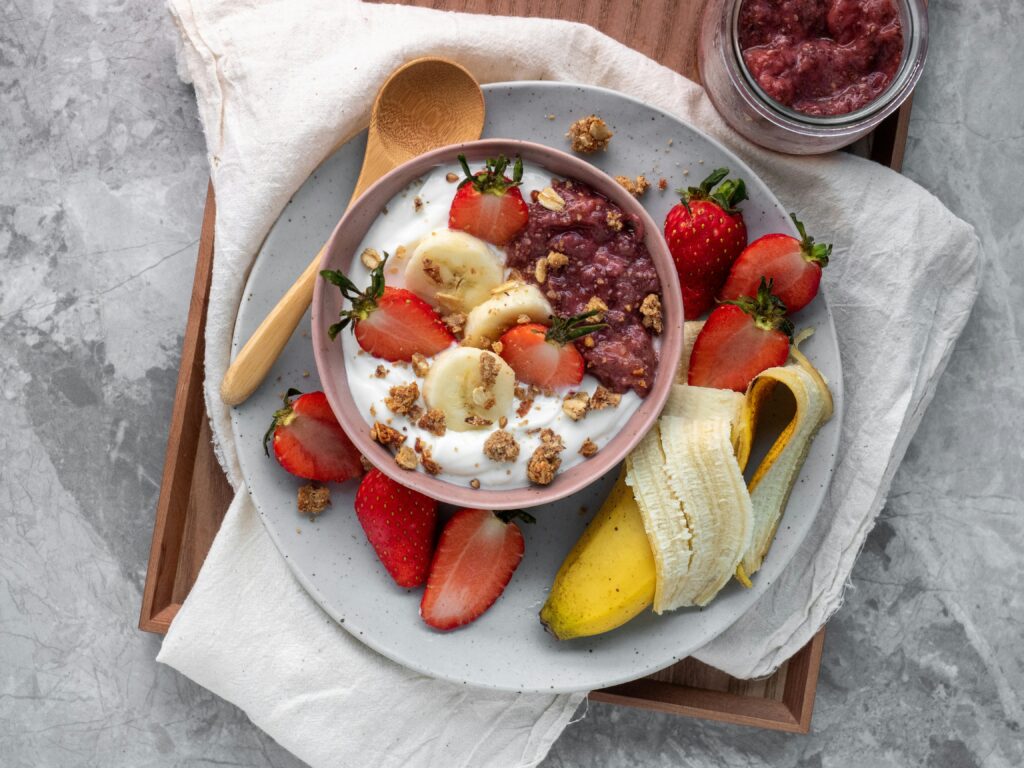
Flavored yogurt is a popular breakfast or snack choice for many people seeking a convenient source of protein and probiotics. However, most flavored yogurts are high in added sugars, artificial flavors, and preservatives, which can negate their potential health benefits. Instead, opt for plain, unsweetened yogurt and add your own fresh fruit or honey for natural sweetness. Opt for Greek yogurt as an alternative, as it typically contains higher protein content and lower sugar levels compared to regular yogurt varieties.
Diet Soda
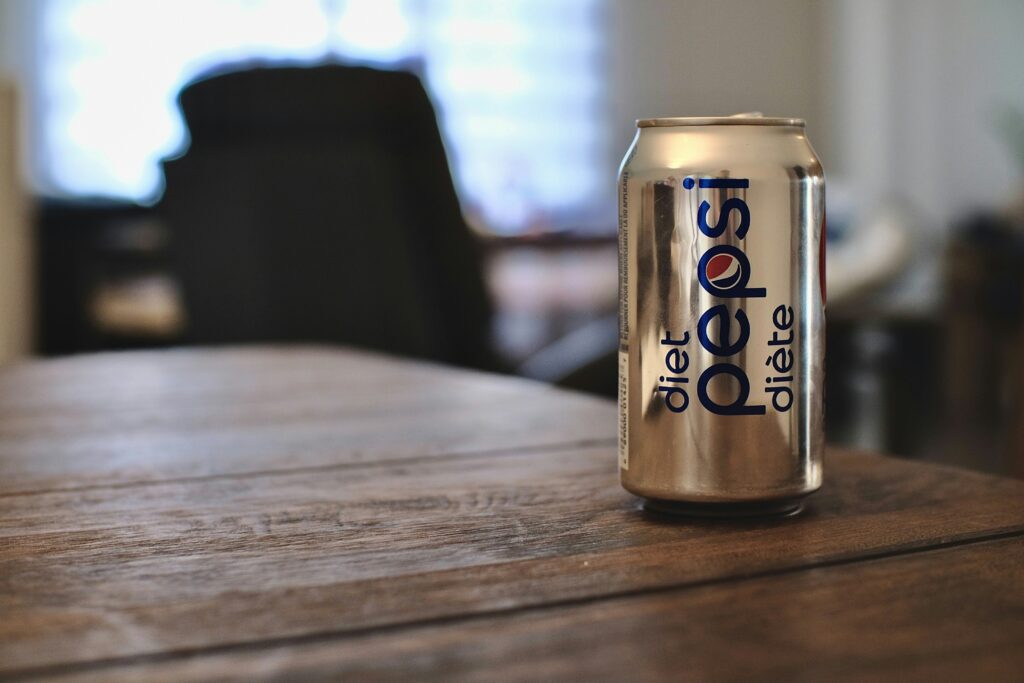
Diet soda is often touted as a healthier alternative to regular soda due to its lack of calories and sugar. However, research suggests that the artificial sweeteners used in diet sodas may have negative effects on metabolic health and contribute to weight gain over time. Furthermore, consistent ingestion of diet soda has been correlated with an escalated risk of developing type 2 diabetes and heart disease. Consider replacing diet soda with sparkling water flavored with fresh fruit or herbal infusions for a healthier thirst-quenching option.
Processed Gluten-Free Foods
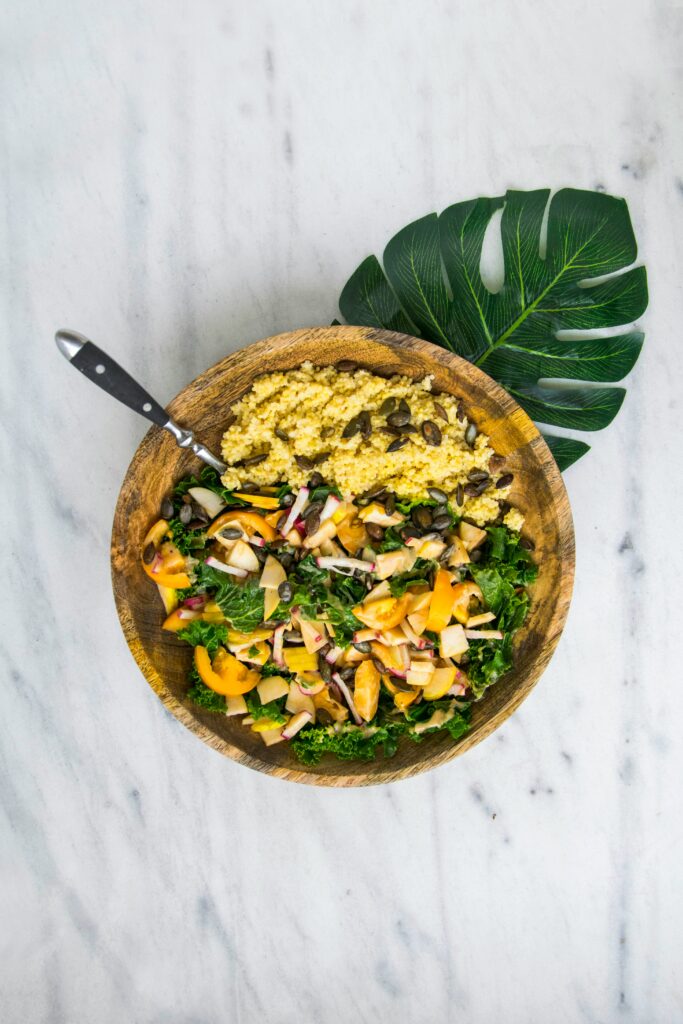
The surge in popularity of gluten-free diets has led to a proliferation of processed gluten-free products on the market, ranging from bread and pasta to various baked goods. While these products may be suitable for individuals with celiac disease or gluten intolerance, they are not necessarily healthier than their gluten-containing counterparts. In fact, many gluten-free products are made with refined grains and added sugars to mimic the taste and texture of traditional baked goods. Focus on incorporating naturally gluten-free whole foods like fruits, vegetables, lean proteins, and whole grains into your diet instead.
Packaged Veggie Chips
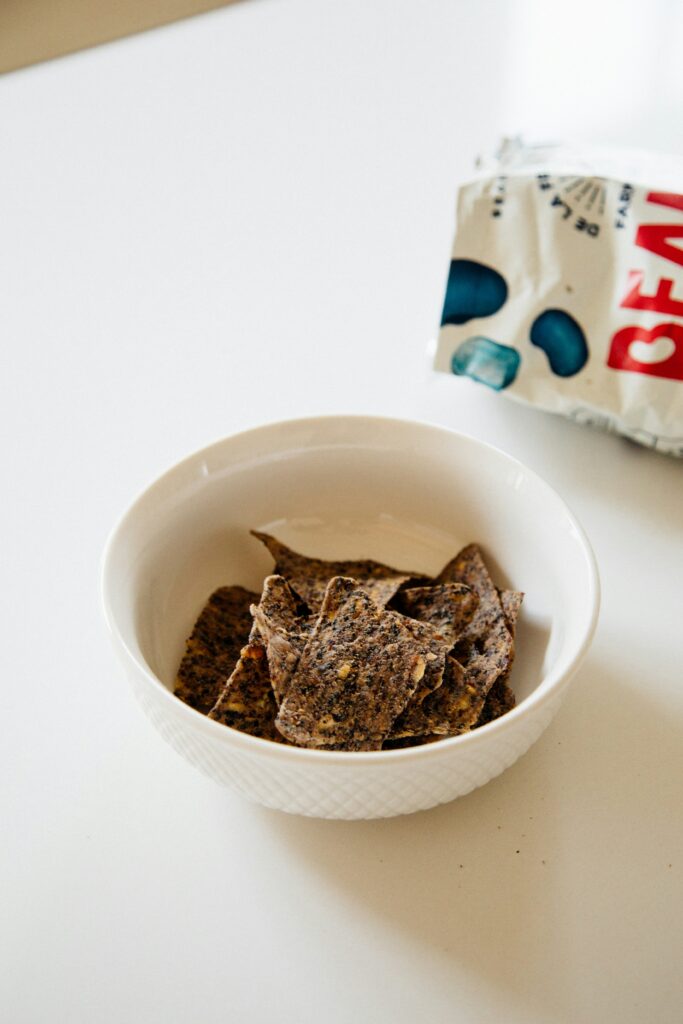
Packaged veggie chips may seem like a healthier alternative to traditional potato chips, as they often contain a variety of colorful vegetables like beets, sweet potatoes, and carrots. However, most packaged veggie chips are fried in unhealthy oils and coated with added salt and seasonings, diminishing their nutritional value. Opt for creating homemade veggie chips by thinly slicing your preferred vegetables and baking them in the oven, accompanied by a drizzle of olive oil and a dash of sea salt.
Bottled Smoothies
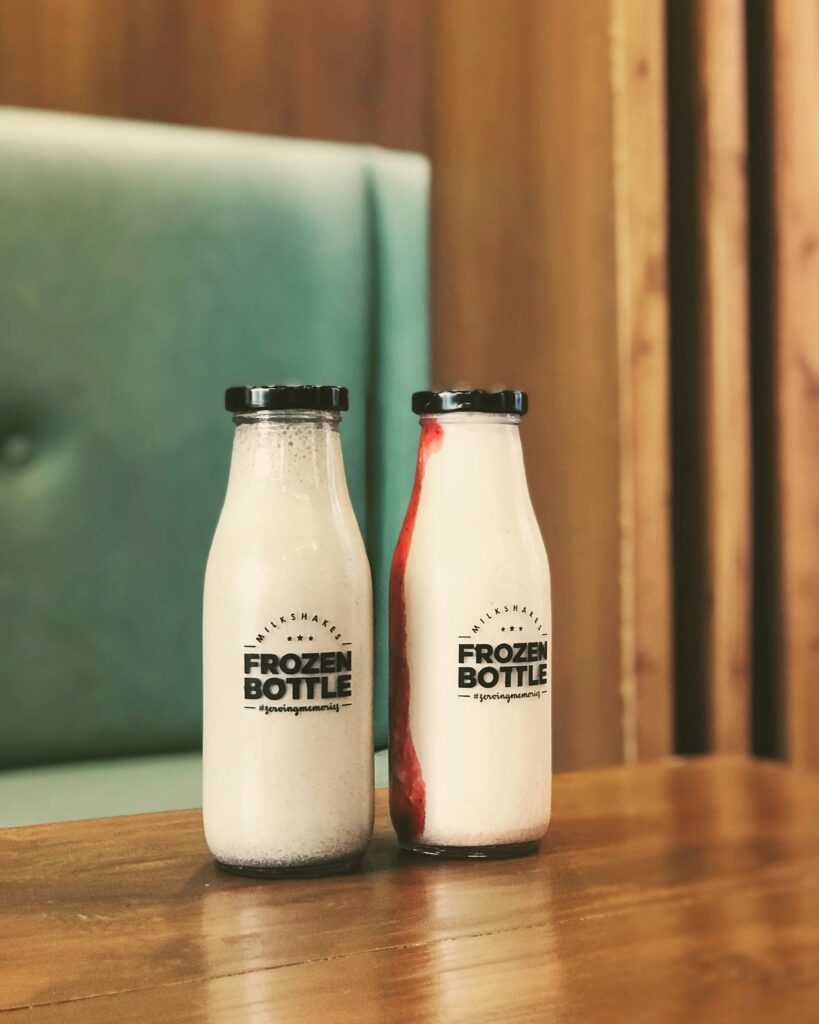
Bottled smoothies are marketed as convenient, nutritious beverages packed with fruits, vegetables, and superfoods. However, many commercially available smoothies are high in added sugars, artificial flavors, and preservatives, making them more akin to sugary beverages than wholesome snacks. For maximum nutritional benefits from your smoothie, contemplate crafting your own at home using fresh or frozen fruits and vegetables, along with plain yogurt or milk, and opting for natural sweeteners such as honey or maple syrup.
Reduced-Fat Peanut Butter
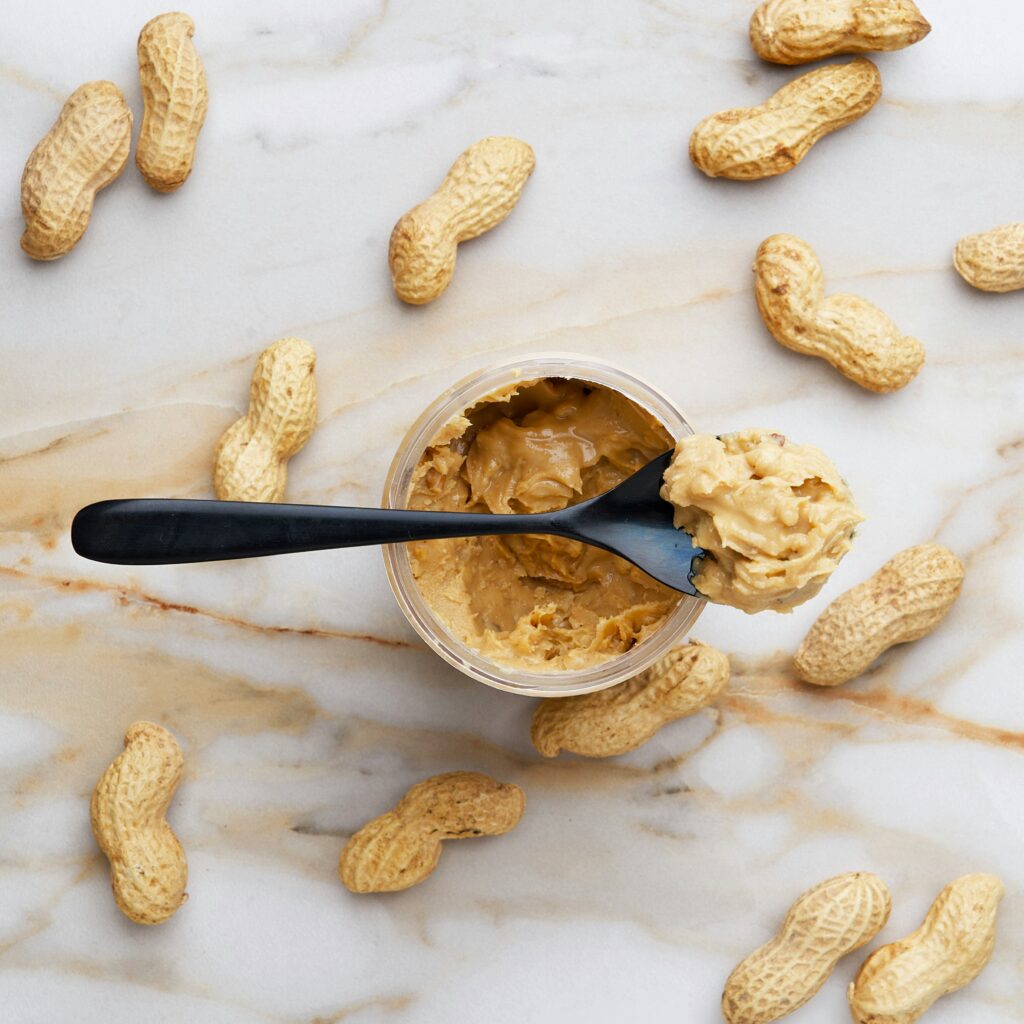
Opting for reduced-fat peanut butter may appear as a healthier choice for peanut butter enthusiasts aiming to reduce calorie and fat intake. However, manufacturers often replace the fat content with added sugars, hydrogenated oils, and other unhealthy ingredients to improve taste and texture. As a result, reduced-fat peanut butter may not provide the same satiety or nutritional benefits as natural, full-fat peanut butter. Choose natural peanut butter containing only peanuts and salt, or consider trying alternative seed butters and nut like sunflower seed butter or almond butter.
Sports Drinks
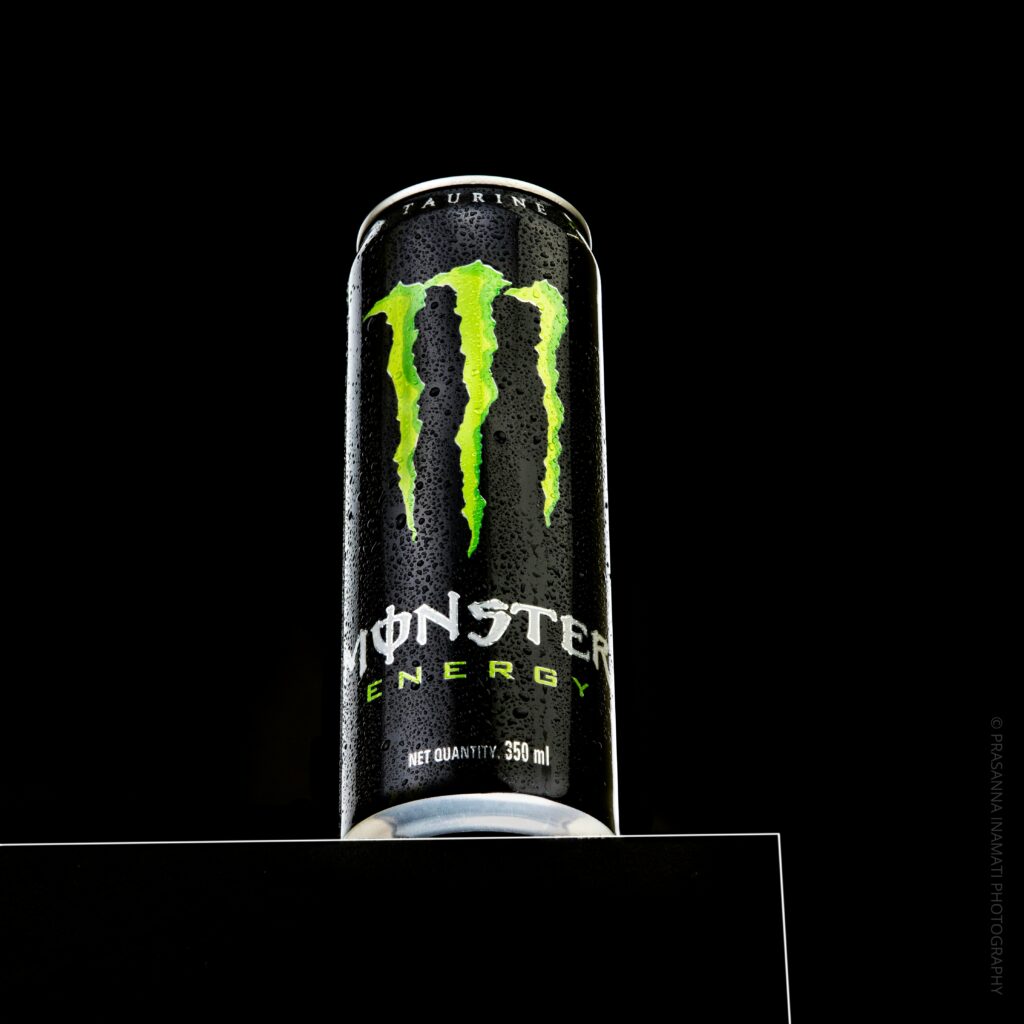
Sports drinks are commonly marketed as essential for rehydrating and replenishing electrolytes during intense physical activity. While they may be beneficial for athletes engaged in prolonged endurance exercise, most people do not need the extra calories, sugar, and sodium found in sports drinks during regular daily activities or moderate exercise. Instead, opt for plain water to stay hydrated and replenish electrolytes naturally through a balanced diet rich in fruits, vegetables, and whole grains.
Commercial Salad Dressings
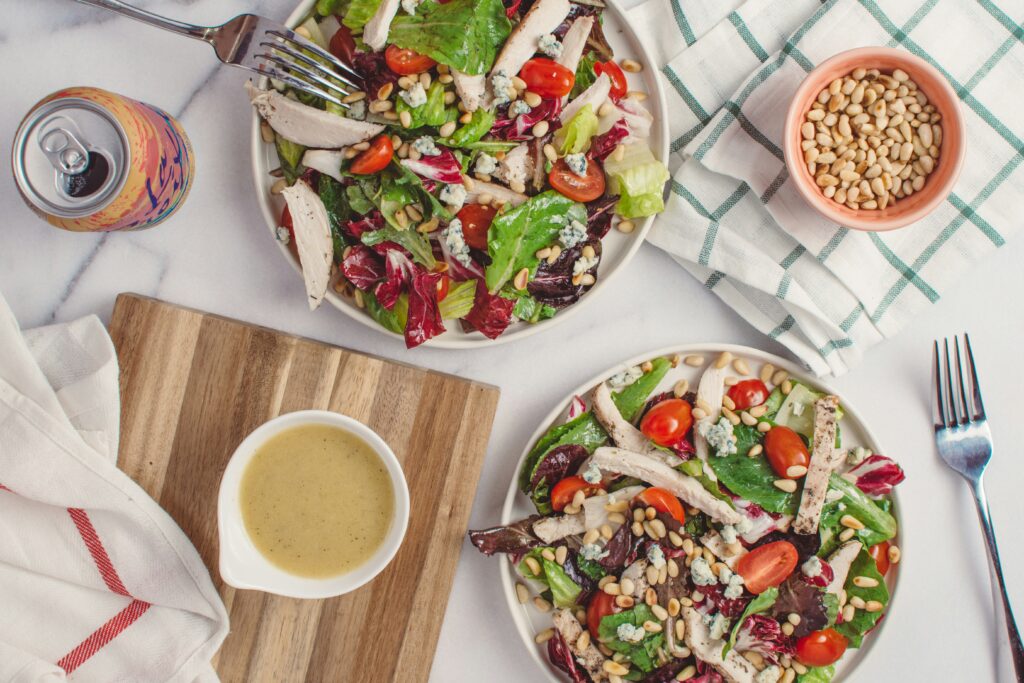
Commercial salad dressings are a convenient way to add flavor to salads and other dishes, but many store-bought varieties are high in unhealthy fats, added sugars, and artificial additives. Opt for homemade salad dressings made with simple, whole food ingredients like olive oil, vinegar, herbs, and spices for a healthier alternative. Alternatively, seek out brands that provide all-natural, low-sugar options, or enhance your salads by drizzling them with a squeeze of lemon juice or a sprinkle of balsamic vinegar.
Fruit Juice
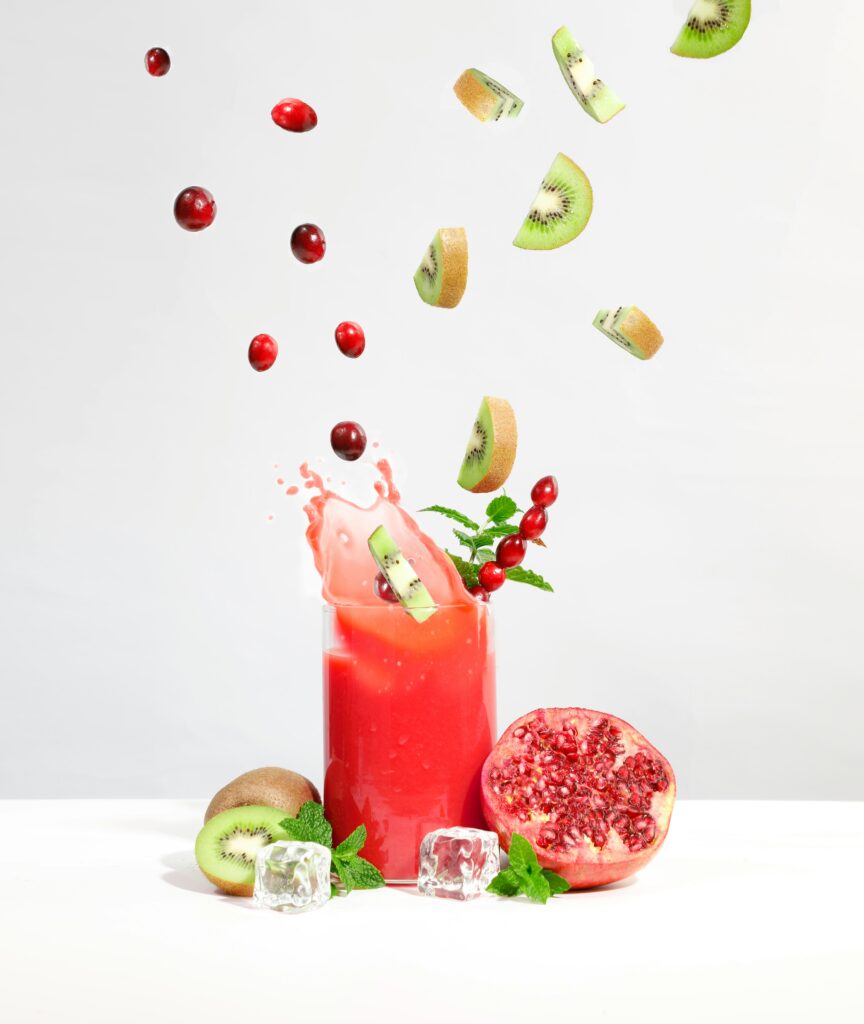
Fruit juice is commonly seen as a healthy drink option because of its connection to the vitamins, minerals, and antioxidants present in whole fruits. Nevertheless, many commercially sold fruit juices are rich in sugar and deficient in fiber, resulting in swift increases in blood sugar levels and the possibility of weight gain. Instead of fruit juice, opt for whole fruits or freshly squeezed juices in moderation, and dilute them with water or sparkling water to reduce sugar content. Alternatively, enjoy fruit-infused water for a refreshing and hydrating beverage without the added sugars.
For further articles on nutrition, reference the following articles:
Mediterranean Diet Basics: Foods For Health & Weight Loss
Foods to Eat and Ones to Avoid to Burn Belly Fat



